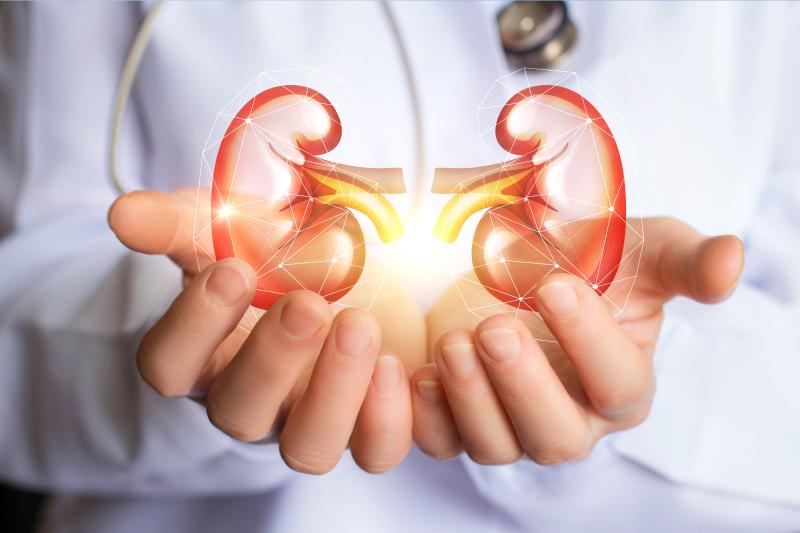
Patients with autosomal dominant polycystic kidney disease (ADPKD) are at a lower risk of arteriovenous fistula or graft (AVF/AVG) dysfunction in the short term, but suffer from an excess risk in the long-term, a recent study has found.
Researchers enrolled 557 ADPKD patients (mean age, 56.0±12.6 years; 50.6 percent male) from the National Health Insurance Research Database of Taiwan. Participants were followed for the development of the primary outcome of AVF/AVG dysfunction; major adverse cardiovascular events (MACEs) were designated as a second outcome. A parallel group of 1,671 non-ADPKD participants (mean age, 55.0±14.7 years; 50.1 percent male) were also included as controls.
After propensity score matching, the incidence of AVF/AVG dysfunction was nominally lower in those with vs without ADPKD during the first 90 days (38.83 vs 48.99 per 100 person-years). This corresponded to a nonsignificantly lower risk in those with the kidney disease (subdistribution hazard ratio [SHR], 0.79 95 percent confidence interval [CI], 0.58–1.08; p=0.137).
This trend persisted until 180 days (45.85 vs 51.31 per 100 person-years; SHR, 0.90, 95 percent CI, 0.73–1.10; p=0.300). Beyond this point, however, the pattern flipped, with ADPKD patients seeing a greater incidence and risk of AVF/AVG dysfunction at 1 year (44.2 vs 41.0 per 100 person-years; SHR, 1.08, 95 percent CI, 0.92–1.27; p=0.361) and within 5 years (27.38 vs 24.69 per 100 person-years; SHR, 1.09, 95 percent CI, 0.96–1.23; p=0.168).
Notably, by 10 years, the excess in incidence in ADPKD patients was substantial enough that it achieved statistical significance (17.5 vs 13.8 per 100 person-years; SHR, 1.19, 95 percent CI, 1.00–1.41; p=0.045).